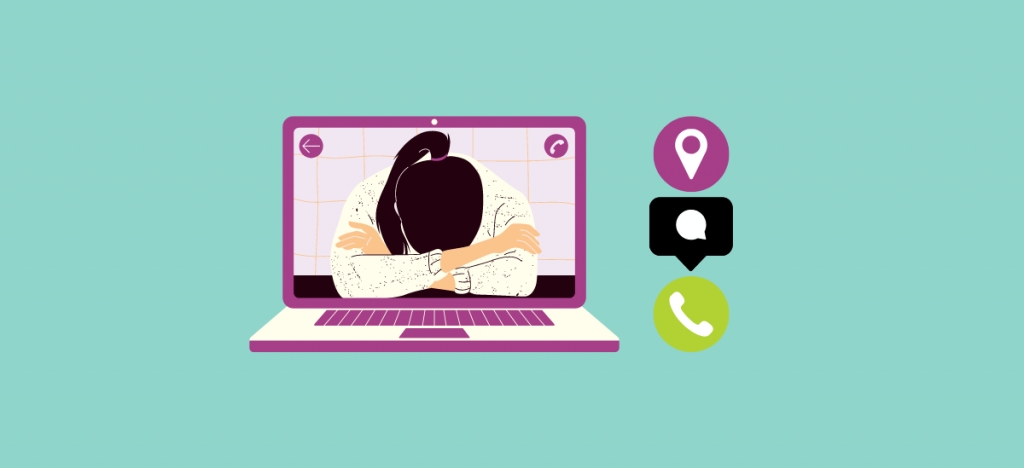September 1, 2023
With technology evolving at a rapid pace, the way we live our everyday lives has changed dramatically. Alongside expanding our networks, the easy accessibility to data and instant contact means perpetrators of abuse have new means at their…

With technology evolving at a rapid pace, the way we live our everyday lives has changed dramatically. Alongside expanding our networks, the easy accessibility to data and instant contact means perpetrators of abuse have new means at their disposal. This has led to an increasing amount of ‘technological abuse’ occurring. Research conducted by Refuge in 2021 found that 1 in 3 women in the UK have experienced online abuse (perpetrated on social media or other online platform) at some point in their lives and Women’s Aid found that this had risen following the pandemic.
Surprisingly, there is no official definition of technology-facilitated abuse. Despite this, the consensus is that tech abuse is a wide-ranging form of abuse which can include cyberstalking, hacking devices, harassment or having intimate images shared without your permission. All of these behaviours fit with established patterns of domestic abuse faced by many victim-survivors, although BCWA recognises that domestic abuse is individual.
Technological advances have given us convenience like never before. Virtual assistants such as Alexa and Siri have become a prominent member in many households. It’s also common nowadays to have ring doorbells – a measure designed to make us feel safe. However, when weaponised by a perpetrator, these types of devices can be used to control, impersonate harass, stalk or even make online purchases using linked card information. Research found that 16% of women in refuges had experienced surveillance/harassment online or through social media by their abuser. Because of this, BCWA’s Refuge Officers strongly encourage women to change their phone numbers when arriving in refuge so that they are not as easily monitored or tracked by their abuser.
No one should feel excluded from using technology for fear of abuse and more needs to be done to support victim-survivors to navigate digital threats. You can keep yourself safe online by enabling two-factor authentication on all your logins, regularly monitoring third party apps (you can usually find this within the settings of the chosen social media platform), making sure your location settings are tailored to your needs and using incognito browsing where required. For a more in-depth look at how to secure your accounts, view the Southeast Cyber Crime Unit’s article here.
If you are experiencing domestic abuse, please call 999 if you’re in immediate danger. Otherwise, you can call BCWA on 020 8313 9303 (Monday to Friday, 9-4.30 pm) or contact us here. Call our virtual One Stop Shop on 020 8313 9303 (Thursdays 1:30-4pm) or if outside of our office hours, ring the National Domestic Abuse Helpline on 0808 2000 247.